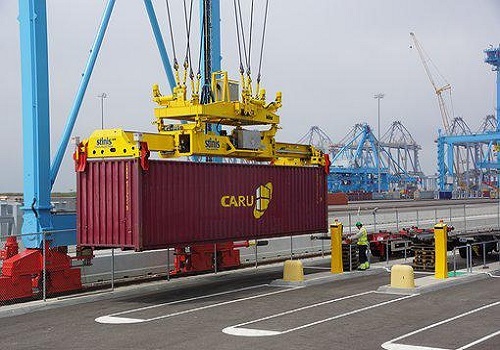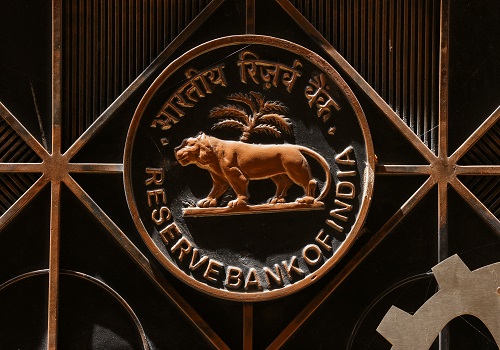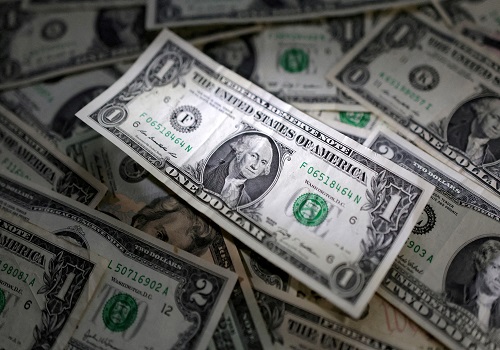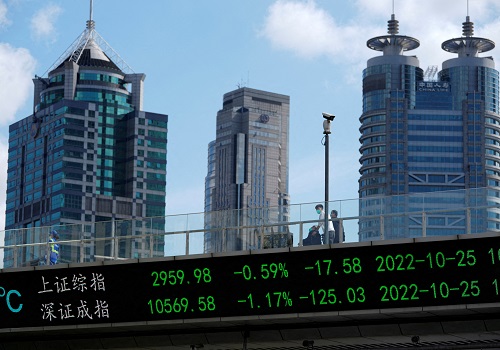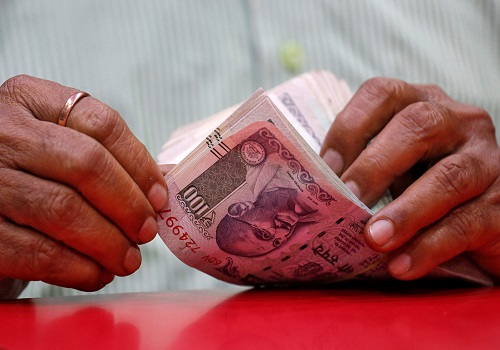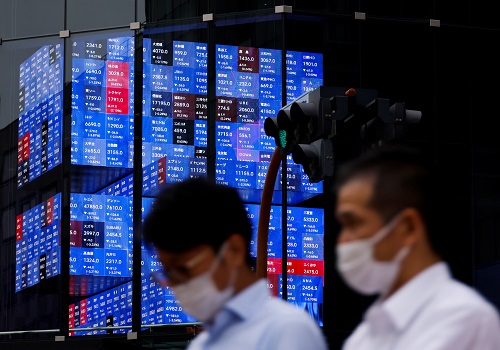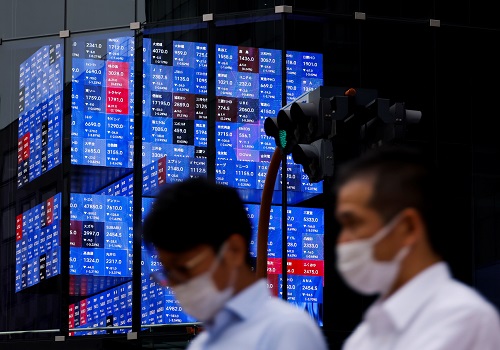Bulls on the charge after Fed signals smaller hikes
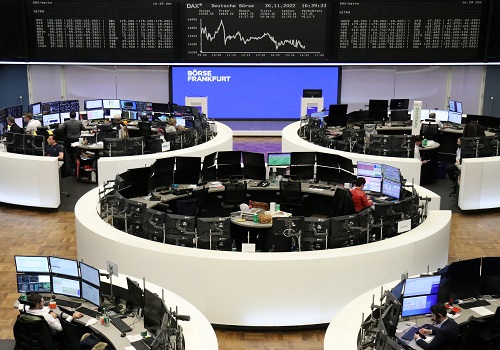
Follow us Now on Telegram ! Get daily 10 - 12 important updates on Business, Finance and Investment. Join our Telegram Channel
The bulls were enjoying the good life on Thursday after the world's most influential central banker, Jerome Powell, signalled this year's frantic pace of U.S. interest rate hikes could be about to slow.
It was a textbook "risk on" pattern, with both Europe's STOXX 600 and MSCI's main world stocks index hitting their highest since August and the previously unstoppable dollar huddled at a three-month low.
Rallying bond markets sent borrowing costs lower almost everywhere too and though Wall Street looked set for a flat start later , higher oil and metals prices suggested even commodities markets now see hope for the spluttering world economy.
"It absolutely makes sense," said Unigestion senior portfolio manager Olivier Marciot, saying it was a case of "it's not so bad any more, so it's good."
"We have the confirmation that we are not having central banks being ever more hawkish and the confirmation that inflation is starting to slow."
There has now been a more than 17% recovery in European and world stocks and a 7.5% fall in the dollar since the Fed first started to hint at a shift in its view in mid October.
Fed Chair Powell said on Wednesday the U.S. central bank could scale back the pace of interest rates hikes from the recent 75 basis points "as soon as December", though he still cautioned the fight against inflation was far from over.
"It makes sense to moderate the pace of our rate increases as we approach the level of restraint that will be sufficient to bring inflation down," Powell said in comments that had lifted Wall Street's S&P 500 3%.
Allied with fresh signs that China is looking to relax COVID restriction where it can, Asian stocks jumped 1.35% overnight.
They posted their biggest monthly gain since 1998 in November as hopes for a Fed pivot towards slower rate hikes gathered steam after four consecutive 75-bp increases. But the index was still down about 17.5% on the year.
European markets, meanwhile, largely brushed off German data showing ongoing weak demand in its powerhouse manufacturing sector, helped instead by signs of fewer material shortages perhaps.
The euro was up 0.35% at $1.0445, having traded as high as $1.0463 earlier.
Britain's pound, which has raced back to form over the last couple of months, was up over 1% at $1.2187, while a surge from the yen meant the dollar index - which measures the currency against six major peers - dipped a further 0.5%.
"Obviously the speech (by Powell) was less hawkish than feared," said Rodrigo Catril, senior FX strategist at National Australia Bank. "The yen is leading the charge, and that makes sense when you look at the big, big move in long-term U.S. rates."
Graphic: Stocks rebound https://fingfx.thomsonreuters.com/gfx/mkt/lgpdkwbxkvo/Pasted%20image%201669900096733.png
BORROWING COSTS
Markets are currently pricing in a 91% probability that the Fed will increase rates by 50 bps on Dec. 14, and only a 9% chance of another 75-bp hike.
Expectations have also grown around the world that China, while still trying to contain infections, could look to re-open at some point next year once it achieves better vaccination rates among its elderly.
China's factory activity shrank in November as widespread curbs disrupted manufacturers' output, a private sector survey showed on Thursday, weighing on employment and economic growth in the third quarter.
It didn't stop U.S. investment bank JPMorgan though forecasting a 9-10% jump in Chinese stocks by the end of next year if confidence begins to return. They have already climbed nearly over 10% over the last 4-6 weeks.
The yield on 10-year Treasury notes was last down over 10 bps to 3.592%, while the two-year U.S. yield, which typically moves in step with interest rate expectations, was down at 4.332%.
Germany's 10 yield, the benchmark for the euro area, plugged below 1.80%. The two-year yield fell 10.5 bps to 2.039%.
Jefferies interest rate strategist Mohit Kumar said: "The market had built in expectations of a hawkish Powell, and he definitely did not deliver."
In commodity markets, gold prices climbed to a two-week high of $1,779.39 an ounce, while oil edged up, supported by signs that OPEC+ may cut supply further at a meeting on Sunday.
Brent crude was up 44 cents, or 0.5%, to $87.41 a barrel by 0930 GMT, while U.S. West Texas Intermediate crude futures added 55 cents, or 0.7%, to $81.10.












 320-x-100_uti_gold.jpg" alt="Advertisement">
320-x-100_uti_gold.jpg" alt="Advertisement">



